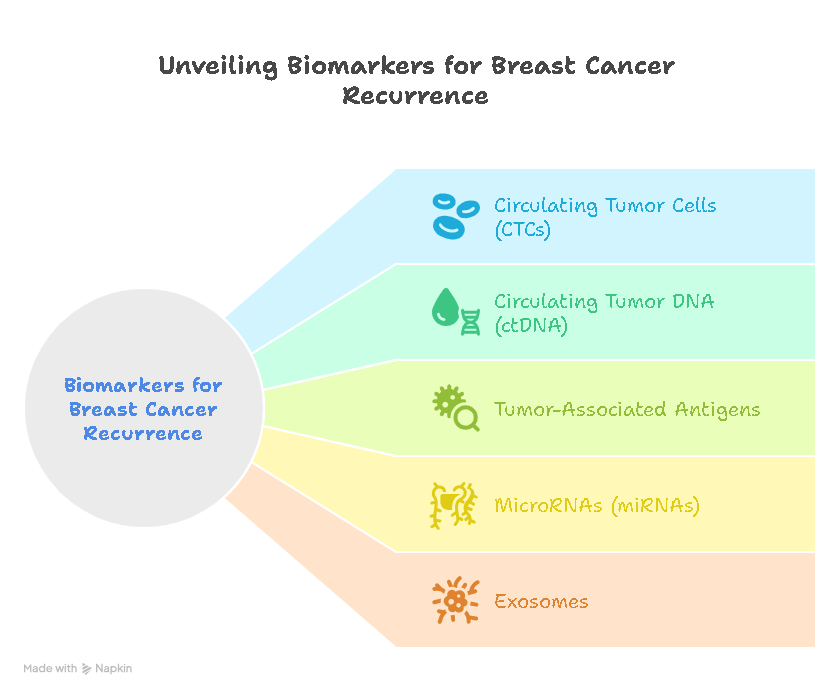Breast abscesses can be a painful and concerning condition for many women. While there are various factors affecting breast health, understanding breast abscesses is crucial for early detection and effective treatment. In this comprehensive guide, we will delve into the causes, symptoms, treatment options, and preventive measures related to breast abscesses.

Table of Contents
- What is a Breast Abscess?
- Causes of Breast Abscess
- Symptoms of Breast Abscess
- Diagnosis and Evaluation
- Treatment Options
- Home Remedies and Self-Care
- Surgical Drainage
- Preventing Breast Abscess
- Breast Abscess FAQs
- Conclusion
1. What is a Breast Abscess?
A breast abscess is a localized collection of pus within the breast tissue. It typically develops as a result of bacterial infection, which may occur in the milk ducts or breast glands. This condition can cause significant discomfort and pain, making it essential to address promptly.
2. Causes of Breast Abscess
2.1. Bacterial Infection
The most common cause of breast abscesses is a bacterial infection. Bacteria can enter the breast tissue through cracked or sore nipples, breastfeeding, or other openings in the skin. Staphylococcus aureus is a common bacteria associated with breast abscesses.
2.2. Mastitis
Mastitis is another factor that can lead to breast abscesses. It is an inflammation of the breast tissue often caused by milk duct blockage or infection. If left untreated, mastitis can progress to a breast abscess.
3. Symptoms of Breast Abscess
Breast abscesses present with several noticeable symptoms, including:
- Pain and Tenderness: The affected breast becomes painful and tender to the touch.
- Swelling: Swelling and redness may occur in the affected area.
- Fever: Some individuals may develop a fever as a response to the infection.
- Pus Discharge: In some cases, pus may be discharged from the affected area, indicating the presence of an abscess.
4. Diagnosis and Evaluation
To diagnose a breast abscess, a healthcare provider will typically perform a physical examination and may recommend imaging tests, such as ultrasound or mammography, to confirm the presence of an abscess. In some cases, a sample of the pus may be taken for culture to determine the specific bacteria causing the infection.
5. Treatment Options
5.1. Antibiotics
For early-stage breast abscesses, antibiotics may be prescribed to treat the infection. It’s essential to complete the full course of antibiotics as prescribed by your healthcare provider.
5.2. Abscess Drainage
In cases where antibiotics alone are not effective, or if the abscess is large and painful, drainage may be necessary. This can be done through a minimally invasive procedure, guided by imaging techniques, to remove the pus and relieve pain.
6. Home Remedies and Self-Care
In addition to medical treatment, there are several self-care measures that can help manage breast abscess symptoms. These include:
- Warm Compress: Applying a warm compress to the affected area can help reduce pain and swelling.
- Pain Medication: Over-the-counter pain medication may be used to alleviate discomfort.
- Rest: Getting plenty of rest is crucial to support the body’s healing process.

7. Surgical Drainage
In some cases, surgical drainage may be required to completely remove the abscess. This is usually considered when other methods have not been successful or when the abscess keeps recurring.
8. Preventing Breast Abscess
Preventing breast abscesses involves:
- Proper Breastfeeding Technique: If you’re breastfeeding, ensure a correct latch and maintain good nipple hygiene.
- Prompt Treatment of Mastitis: If you develop mastitis, seek prompt treatment to prevent it from progressing to an abscess.
- Nipple Care: Keep your nipples clean and dry, and address any soreness or cracks promptly.
9. Breast Abscess FAQs
9.1. Can a breast abscess be cancerous?
Breast abscesses are typically not cancerous. They are primarily caused by bacterial infections and inflammation. However, it’s crucial to consult a healthcare provider for a proper diagnosis if you notice any breast abnormalities.
9.2. Can I breastfeed with a breast abscess?
Breastfeeding with an abscess is generally discouraged as it can introduce bacteria to your baby. Pumping and discarding breast milk from the affected breast while receiving treatment is recommended.
9.3. Are breast abscesses common?
Breast abscesses are relatively rare but can occur, especially in women who are breastfeeding or have a history of mastitis.
10. Conclusion
In conclusion, breast abscesses can be painful and distressing, but they are treatable with prompt medical attention. Understanding the causes, symptoms, and treatment options is vital for managing this condition effectively. If you suspect you have a breast abscess or are experiencing symptoms, consult a healthcare provider for a proper evaluation and guidance on the best course of action. Additionally, practicing good breast hygiene and seeking treatment for any breast issues promptly can help prevent the development of breast abscesses. Your breast health is essential, and taking proactive steps can make a significant difference in your overall well-being.
11. Seeking Professional Help
If you suspect you have a breast abscess or experience any of the symptoms mentioned earlier, it’s crucial to seek professional medical help. A healthcare provider, such as a gynecologist or breast specialist, can evaluate your condition, perform necessary tests, and recommend the most appropriate treatment plan tailored to your specific situation.
12. Emotional Support and Coping
Dealing with a breast abscess can be emotionally challenging. It’s essential to surround yourself with a supportive network of friends and family who can provide encouragement during your recovery. Additionally, joining support groups or seeking counseling services can offer valuable emotional support and coping strategies.
13. Long-Term Breast Health
After successfully treating a breast abscess, it’s essential to prioritize long-term breast health. Regular breast self-exams and routine mammograms, as recommended by your healthcare provider, can help detect any abnormalities or potential issues early.
14. Conclusion
In conclusion, while breast abscesses can be uncomfortable and distressing, they are manageable and treatable with the right medical intervention and self-care. Understanding the causes, symptoms, and treatment options is crucial, but so is seeking prompt medical attention when needed. Your breast health is a vital aspect of your overall well-being, and taking proactive steps to maintain it is essential.
Remember, this article serves as a general guide, and individual experiences may vary. Always consult with a healthcare professional for personalized advice and treatment recommendations. By staying informed and proactive about your breast health, you can help ensure a happier and healthier future.
15. The Role of Nutrition
Maintaining a healthy diet can contribute significantly to your overall breast health. While there’s no specific diet to prevent breast abscesses, focusing on a well-balanced, nutrient-rich diet can support your immune system and overall well-being. Include plenty of fruits, vegetables, lean proteins, and whole grains in your diet. Staying hydrated is also important.
16. Breast Health Across the Lifespan
Breast abscesses can affect women of various ages, from new mothers experiencing mastitis to women in their later years. Regardless of your age, regular breast health checks and awareness of any changes in your breast tissue are essential. Breast cancer screening, such as mammograms, becomes crucial as you get older. Discuss with your healthcare provider when and how often you should undergo such screenings based on your risk factors.
17. Supporting Breastfeeding Mothers
Breastfeeding mothers are particularly susceptible to breast abscesses due to the nature of breastfeeding. To minimize the risk, ensure proper latch and hygiene during breastfeeding. If you experience any signs of mastitis or suspect a breast abscess, consult a lactation consultant or healthcare provider promptly. They can provide guidance on managing the condition while continuing to breastfeed safely.
18. Research and Advancements
Medical research is continually advancing, leading to improved understanding and treatment options for breast abscesses. Stay informed about the latest developments by following reputable medical sources and consulting with healthcare professionals who are up-to-date on the most current practices and recommendations.
19. Your Role in Preventive Care
While breast abscesses can occur despite taking preventive measures, you play a crucial role in your breast health. Conduct regular breast self-exams, report any abnormalities to your healthcare provider, and follow recommended screening guidelines. Early detection and timely treatment can make a significant difference in the outcome of breast conditions.
20. Conclusion
In summary, breast abscesses are a manageable condition with the right care and attention. By understanding the causes, symptoms, and treatment options and by seeking prompt medical attention when needed, you can effectively address breast abscesses and maintain your breast health.
Remember that this article provides general information and guidance. It’s important to consult with a healthcare professional for personalized advice and treatment tailored to your unique circumstances. Your breast health is a vital aspect of your overall well-being, and taking proactive steps to protect it is an investment in your future health and happiness.











Leave a Reply